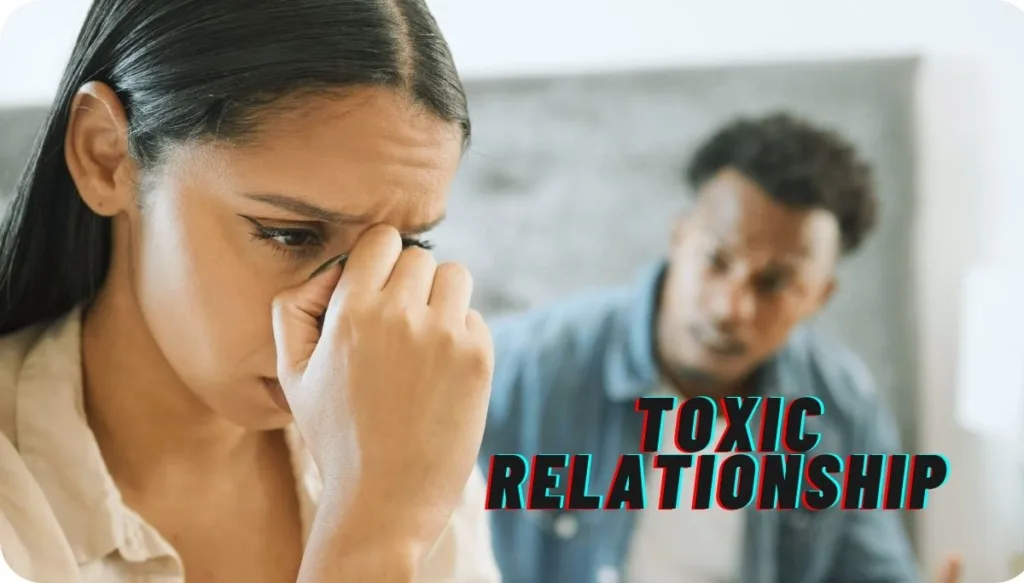A Relationship vs A toxic Relationship
A relationship is a connection between two or more people. It can be any kind of connection, from a casual acquaintance to a close family bond. There are many different types of relationships, each with its unique characteristics.
Here are some of the different ways people can be in relationships:
Friendships, Family relationships, Romantic relationships, attraction, Professional relationships,
Here are some additional things to keep in mind about relationships:
Relationships are always changing. As people grow and change, their relationships will also change.
Relationships take work. It is important to communicate openly and honestly, to be respectful of each other, and to make an effort to maintain the connection and take your relationship to the next level.
Not all relationships are healthy. If you are in a relationship that is making you unhappy or unsafe, it’s very important to look for help.

A Relationship vs A toxic Relationship
the key factor of a healthy relationship is that, requires effort from all parties involved to maintain and nurture the connection. Relationships can bring fulfillment, companionship, and support, but they also require effective communication, compromise, and the ability to navigate challenges together.
It’s important to note that relationships can vary greatly, and the dynamics can be influenced by cultural, societal, and individual factors. Each relationship is unique, and individuals may have different expectations and boundaries within their connections
A toxic Relationship:
Effect of A toxic Relationship
A toxic relationship is defined by behaviors, dynamics, or patterns that are harmful, negative, and detrimental to the well-being of one or both individuals involved. In a toxic relationship, the interactions between the individuals may have a detrimental impact on their emotional, mental, and sometimes even physical health. Here are some common signs of a toxic relationship:
Lack of Respect: There is a consistent lack of respect for each other’s boundaries, feelings, or opinions.
Constant Criticism: One or both partners engage in frequent criticism, belittling, or demeaning behavior towards the other.
Manipulation: Manipulative behaviors, such as guilt-tripping, gaslighting, or controlling actions, are present.
Negative Impact on Well-being: The relationship has a consistently negative impact on the mental, emotional, or physical well-being of one or both individuals.
Lack of Communication: Poor communication or an inability to resolve conflicts in a healthy manner can contribute to toxicity.
Excessive Jealousy or Possessiveness: Unhealthy levels of jealousy or possessiveness may lead to controlling behaviors.
Unresolved Issues: The presence of chronic, unresolved issues that lead to ongoing tension and conflict.
Isolation: One partner may try to isolate the other from friends, family, or support networks.
Lack of Trust: Trust is consistently broken, and there is a pattern of dishonesty or betrayal.
Power Imbalance: There is a significant power imbalance in the relationship, with one partner exerting control over the other.
Final Thoughts :
It’s crucial to recognize the signs of toxicity and prioritize one’s well-being. In many cases, seeking the support of friends, family, or a mental health professional can be helpful. Ultimately, healthy relationships are built on mutual respect, trust, communication, and support. If a relationship consistently undermines these principles, it may be necessary to reevaluate its sustainability.







